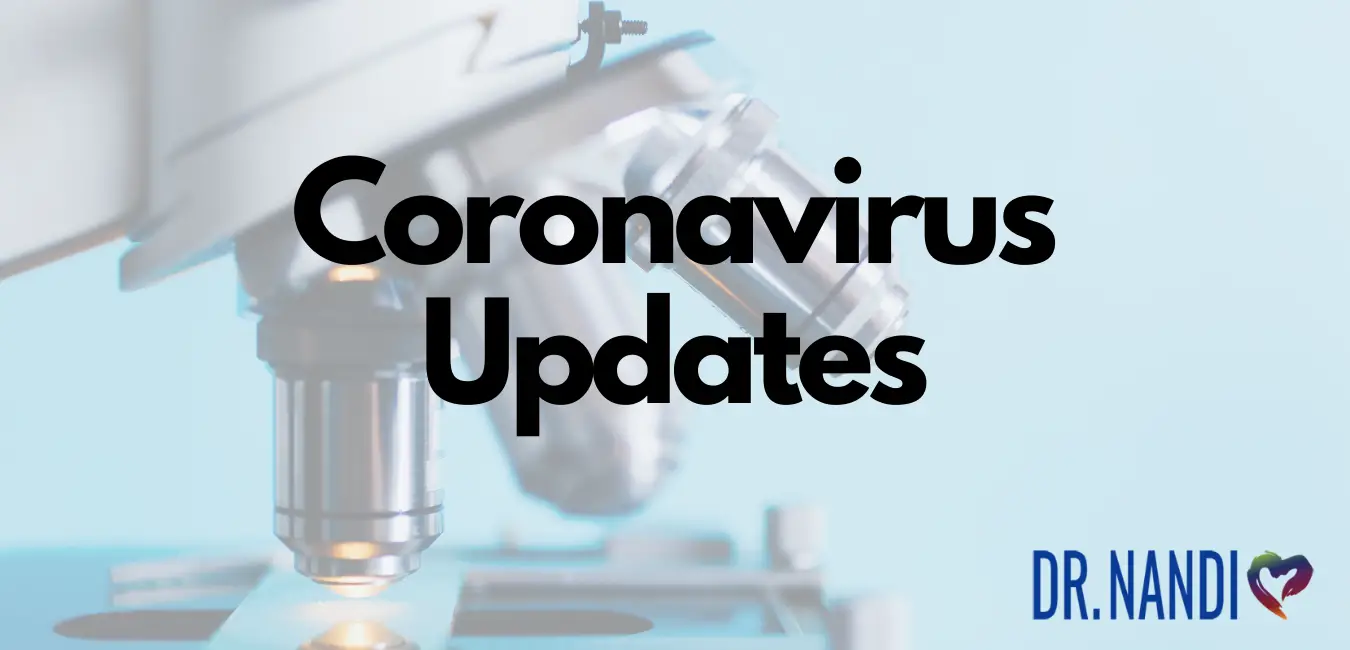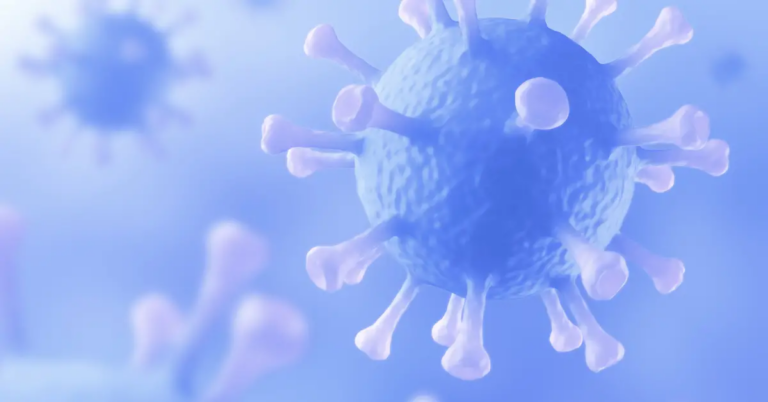Famotidine
The search continues to find a cure for the novel coronavirus that is sweeping the world. In the meantime, researchers are looking for anything that may help patients suffering from COVID-19. At the center of one trial taking place in New York with over 180 hospitalized patients is famotidine. Famotidine is the active ingredient in the over-the-counter medication Pepcid that is used for stomach ulcers, heartburn and GERD. Apparently, patients have been quietly enrolled in this trial since March 13, 2020. They receive either a two-drug combination of famotidine and hydroxychloroquine, or just hydroxychloroquine alone. The hope is that famotidine will disrupt the virus’ ability to reproduce by distracting it and acting as a decoy.
Now, that doesn’t mean anyone should run out to the drugstore and load up on Pepcid. Patients in this trial are not taking any over-the-counter products containing famotinie. Instead, they are receiving an IV treatment containing the drug. What’s more, the dose they are receiving is nine times higher than what you would find in products found at your local pharmacy. It will be very interesting to hear the results of this trial, which we should have in a few weeks.
Hydroxychloroquine Risks
Treating with hydroxychloroquine does carry some very dangerous risks. So much so, that the FDA has cautioned against using the drug outside a hospital or clinical trial setting. The most serious risk is developing an irregular heart rhythm that is so dangerous it can cause death. The largest study on the effects of hydroxychloroquine on COVID-19 is taking place in New York with over 1600 patients. Details on the study results should be released very soon. Sadly, I’m not very optimistic about these results. A recent study at US Veterans Health Administration medical centers did not find hydroxychloroquine to improve patient conditions. Instead, there was a 27.8% death rate among the 97 patients who took the drug, compared to the 11.4% death rate among the 158 patients who did not.
Remdesivir
The World Health Organization accidentally posted details from a Chinese trial studying Remdesivir and results were not promising. However, because there weren’t enough people enrolled, the trial was cut short rendering the results inconclusive. Regardless, there is still hope for the effectiveness of Remdesivir. Another study on Remdesivir sponsored by the National Institutes of Health, however, should provide preliminary results in the next week or two. This placebo-controlled double-blind study includes over 570 people from all over the world. So I’m holding out hope for positive news. And, if it turns out that Remdesivir is not a viable therapy to combat COVID-19, scientists around the world are still hard at work looking for safe and effective solutions to the coronavirus pandemic.



















